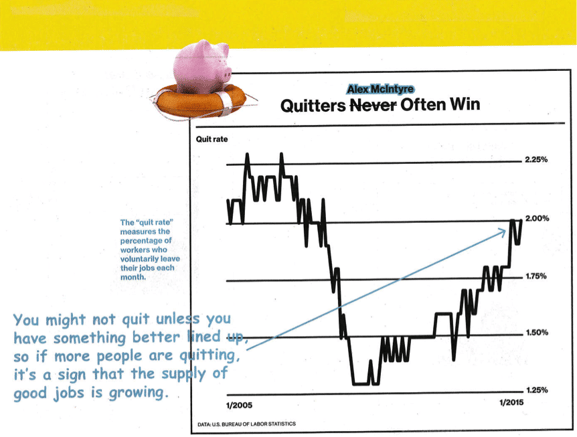It’s become a common term and business practice … benchmarking. The simplest of definitions is – how our performance measures up to our competitors and peers.
What is Benchmarking?
Benchmarking is more of a science, as it takes data and intelligence from the business world and helps us to create a standard. This standard then becomes the baseline for us to evaluate our business and develop a strategy for the future. Additionally, this standard helps us focus on our strengths and weaknesses to determine necessary improvements and stay competitive.
Every manager is tasked daily to find ways to improve performance and reduce operating costs. And to complicate the job – these managers must also identify areas that need improvement and cause their company to lag behind their competitors. AND, all of this must be done with “Best Practices” in mind.
One other important factor to keep in mind is that a business is not a static entity. Our businesses are always growing – shrinking – and changing direction. Benchmarking becomes even more critical – as it keeps us “in the game” in an ever-changing environment.
Items that are benchmarked include
- Salaries
- Skill sets of workforce
- Capabilities of companies
- Performance/productivity/utilization
- Accuracy/Efficiencies
To make benchmarking pertinent, the information gathered must be:
- Current
- Accurate (Should not be gathered from surveys where respondents can potentially influence the outcome so that they “look better”)
- Readily available on short notice
So, the million-dollar question… how does a busy manager develop business strategies, improve efficiencies, gather accurate benchmarking information, operate in a world of compliance and best practices, AND find the best employees?
To complicate our jobs, the workforce pool is also changing. For the last few years, employers have been in the driver’s seat and it was a “buyers” market. With high unemployment rates, the pool of available staff was huge. Employers have been able to set pay rates and benefits – often without any negotiations from potential hires.
What is Human Capital?
And that brings us to HUMAN CAPITAL – the most important “currency” any company can have. And, just like any other “investment,” we want to pick the right one – have it grow and work for us – and take good care of it.
Having a workforce of skillful, motivated employees is essential to every company. When it comes to employees, the basic question you're trying to answer is this: Do my employees have the capability to carry out the work that is and will be required of them? You'll have to look at a variety of factors. Some key factors used in measuring workforce quality include: number of years of education of a typical worker, average length of time a worker has been with your company, and average length of time a worker has worked in your industry. You may also look at defect rates, turnover rates and absenteeism records to determine the quality and motivation of your workforce.
BUT, just like our businesses have changed – so has the market for employees. Take a look at this graph from the March 23 issue of “Bloomberg Business Week.”
Businesses no longer have the luxury and security of a workforce with “no place to go.” The job market is getting better and you can see from the graph that the “quit rate” has gone up .75%
WHEW…… are you worn out yet? Here’s your list of tasks for the day….
How to Improve Human Capital
- Find ways for the company to be more productive
- Take care of clients
- Set your business strategy for the next quarter and the next year
- Take care of clients
- Benchmark salaries, skills
- Fulfill compliance standards
- Take care of clients
- Read up on the new “best practices”
- Take care of clients
- Grow the business
- Write a job description for an open position
- Take care of clients
- Vet candidates for 2 open positions
- Take care of clients
- Talk to HR about salary, Affordable Care, and other benefits
- Set-up interviews with 5 candidates
- Take care of clients
- Interview candidates
- Convince your boss that you REALLY do need a full-time headcount
OH, and don’t forget – take care of your clients
I’m sure you see where this is going – what you do best is take care of your clients. Why not use specialists for benchmarking, compliance, best practices and employee placement, day hires, managed services, and payrolling. These are the types of services that TeamPeople offers. Our specialty is media: broadcast, A/V, corporate, government, news – you name it – we do it and we do it well.




